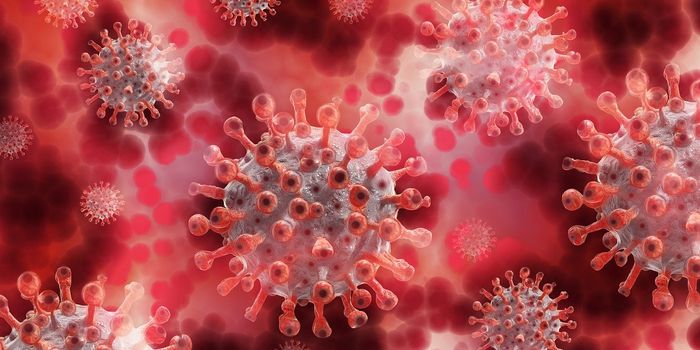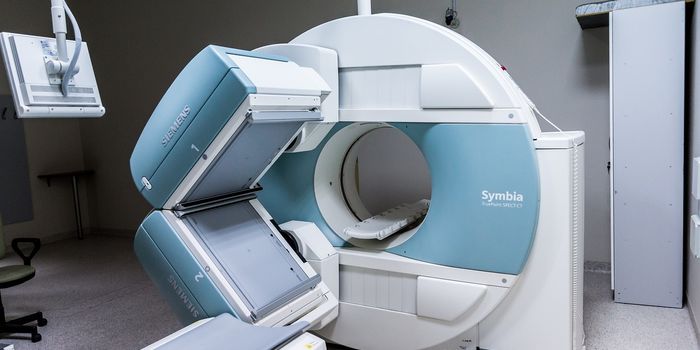Gut Bacteria Imbalances and Heart Disease
Patients with cardiovascular disease have significant disruptions in their gut microbiomes, says a new study by an international team of researchers. The universe of bacteria in the human digestive tract is critical to our health and wellbeing. We know that environmental factors such as a Western diet, antibiotics, or a sedentary lifestyle can have a huge impact on the balance of gut bacteria, ultimately having a ripple effect on other physiological systems. Now, scientists say the cardiovascular system is among those that can be hit by microbiome imbalances.
Ties between gut bacteria and chronic disease have long been established, and scientists have shown that disease-causing molecules produced by an 'unhealthy' microbiome are linked to an elevated risk of conditions such as myocardial infarction or arteriosclerosis. However, prior studies have spurred debate on the role of the gut microbiome in the development of these diseases—patients in these studies were on a cocktail of medications and had obesity or type 2 diabetes, all of which could have also contributed to the onset of cardiovascular disease.
The University of Copenhagen's Oluf Pedersen said this study was designed differently to overcome these research hurdles. "We applied a study design that mirrors heart disease initiation and escalation over time, substituting for a longitudinal study of the gut microbiome that otherwise would be impossible to perform given the 50-60 years it takes to develop symptoms of arteriosclerosis and have the diagnosis of heart disease," said Pedersen. The research was published in Nature Medicine.
Pedersen and colleagues studied the gut microbiome composition of over 1,000 patients across three countries, all of whom had not had a heart disease diagnosis. The scientists measured the relative levels of around 700 individual bacterial species and tested blood samples for the presence of over 1,000 molecules synthesized by gut bacteria.
Taking medication impacted about half the gut bacteria and blood compounds, but these disruptions did not increase the risk of heart disease. However, 75 percent of gut microbiome imbalances happened in patients with obesity and type 2 diabetes, years before they experienced any clinical signs of cardiovascular disease.
This is the first study to delineate gut microbiome changes triggered by drugs and those that happen in the very early stages of heart disease. On a positive note, however, the researchers say that data suggests that a plant-based diet, not smoking, and increasing physical activity can help reverse these changes and delay the morbidity and mortality related to heart disease.










